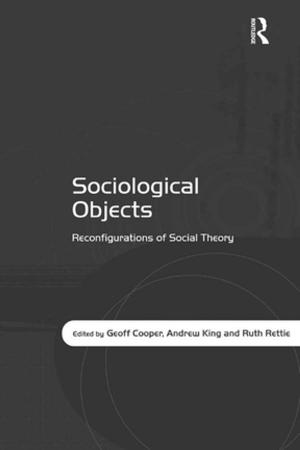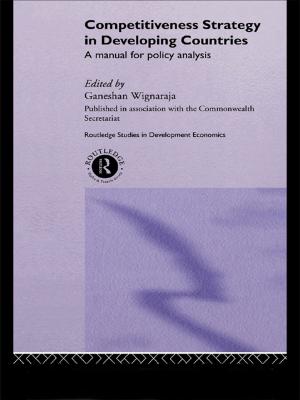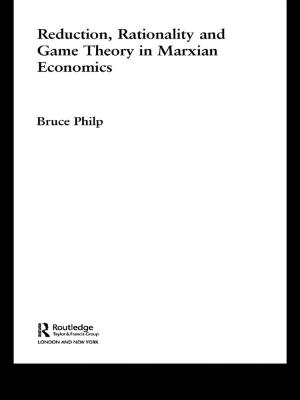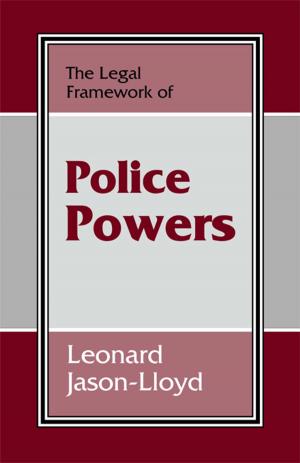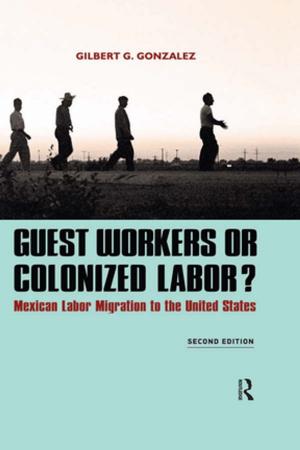Silent Citizenship
The Politics of Marginality in Unequal Democracies
Nonfiction, Social & Cultural Studies, Political Science, Government, Civics| Author: | ISBN: | 9781315458670 | |
| Publisher: | Taylor and Francis | Publication: | September 3, 2018 |
| Imprint: | Routledge | Language: | English |
| Author: | |
| ISBN: | 9781315458670 |
| Publisher: | Taylor and Francis |
| Publication: | September 3, 2018 |
| Imprint: | Routledge |
| Language: | English |
What does silent citizenship mean in a democracy? With levels of economic and political inequality on the rise across the developed democracies, citizens are becoming more disengaged from their neighbourhoods and communities, more distrustful of politicians and political parties, more sceptical of government goods and services, and less interested in voicing their frustrations in public or at the ballot box. The result is a growing number of silent citizens who seem disconnected from democratic politics – who are unaware of political issues, lack knowledge about public affairs, do not debate, deliberate, or take action, and most fundamentally, do not vote. Yet, although silent citizenship can and does indicate deficits of democracy, research suggests that these deficits are not the only reason citizens may have for remaining silent in democratic life. Silence may also reflect an active and engaged response to politics under highly unequal conditions. What is missing is a full accounting of the problems and possibilities for democracy that silent citizenship represents. Bringing together leading scholars in political science and democratic theory, this book provides a valuable exploration of the changing nature and form of silent citizenship in developed democracies today. This title was previously published as a special issue of Citizenship Studies.
What does silent citizenship mean in a democracy? With levels of economic and political inequality on the rise across the developed democracies, citizens are becoming more disengaged from their neighbourhoods and communities, more distrustful of politicians and political parties, more sceptical of government goods and services, and less interested in voicing their frustrations in public or at the ballot box. The result is a growing number of silent citizens who seem disconnected from democratic politics – who are unaware of political issues, lack knowledge about public affairs, do not debate, deliberate, or take action, and most fundamentally, do not vote. Yet, although silent citizenship can and does indicate deficits of democracy, research suggests that these deficits are not the only reason citizens may have for remaining silent in democratic life. Silence may also reflect an active and engaged response to politics under highly unequal conditions. What is missing is a full accounting of the problems and possibilities for democracy that silent citizenship represents. Bringing together leading scholars in political science and democratic theory, this book provides a valuable exploration of the changing nature and form of silent citizenship in developed democracies today. This title was previously published as a special issue of Citizenship Studies.

